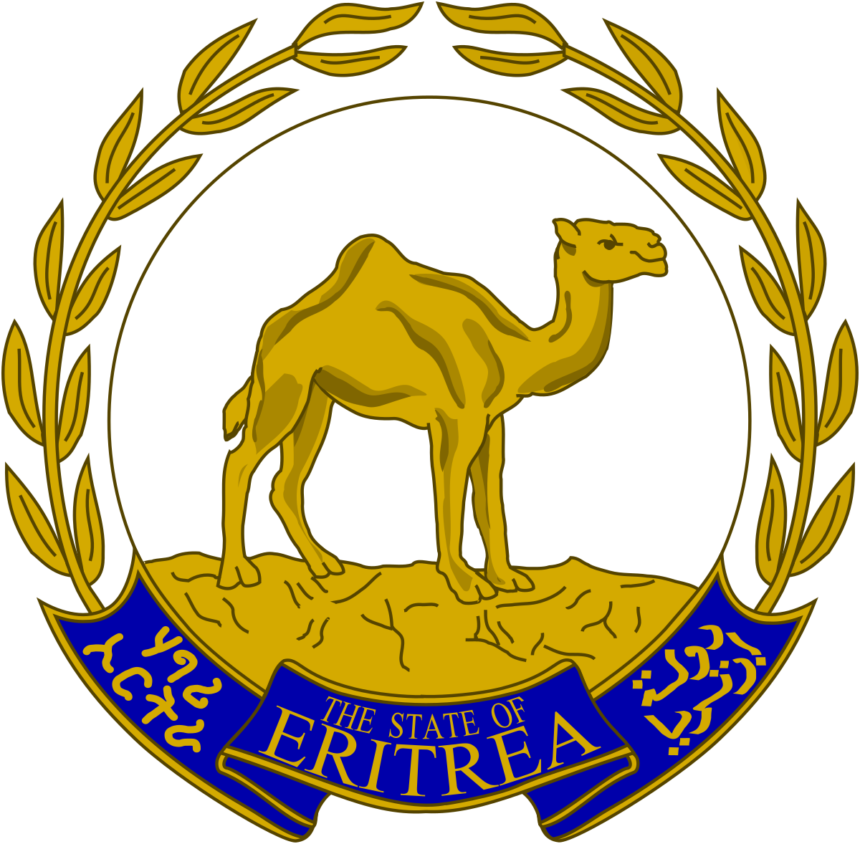A recent meeting held in Haikota sub-zone focused on the preservation of intangible heritage and its transmission to future generations. The gathering was well-attended by public representatives, government institutions, students, and area administrators who are all committed to safeguarding and documenting the rich cultural heritage of the region.
Experts at the meeting provided detailed explanations on the significance and various types of intangible heritage. They emphasized the importance of preserving and documenting intangible heritage as it serves as a reflection of society’s identity, values, and history. It is crucial to pass down this heritage to future generations to ensure the continuity of cultural traditions.
Mr. Idris Saleh, the Director General of Culture and Sports in the Gash Barka Region, highlighted the collaborative effort between the Commission of Culture and Sports to support the preservation of intangible heritage. He called upon village elders and experts in the field to take a proactive role in safeguarding and documenting the cultural heritage of the region.
Mr. Suleiman Mahmud, the managing director of the sub-zone, emphasized the need for administrators at all levels to strengthen their collaboration with the Commission of Culture and Sports. This partnership is essential for identifying and documenting intangible heritage to ensure its preservation for future generations.
Participants at the meeting expressed their willingness to contribute to preservation efforts and emphasized the importance of continuous awareness-raising activities. These activities are crucial in enhancing public understanding of the significance of intangible heritage and promoting its preservation.
Overall, the meeting served as a platform for stakeholders to come together and reaffirm their commitment to preserving the rich cultural heritage of the region. By working together and raising awareness, they can ensure that intangible heritage is passed down to future generations, keeping alive the traditions and values of the community.
This article was originally distributed by APO Group on behalf of the Ministry of Information, Eritrea.







